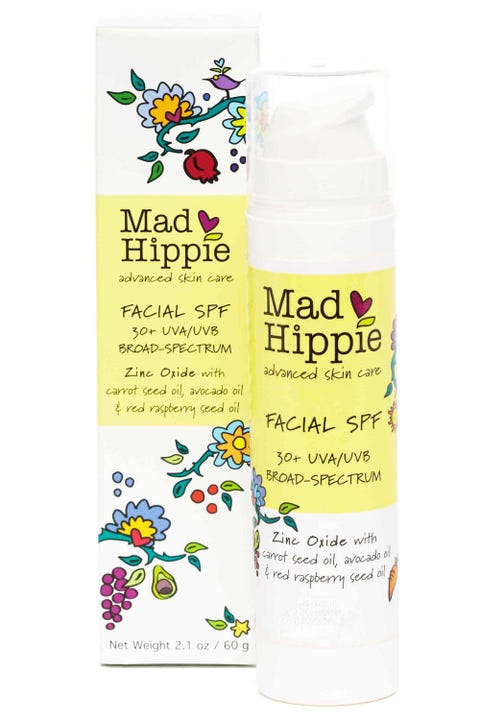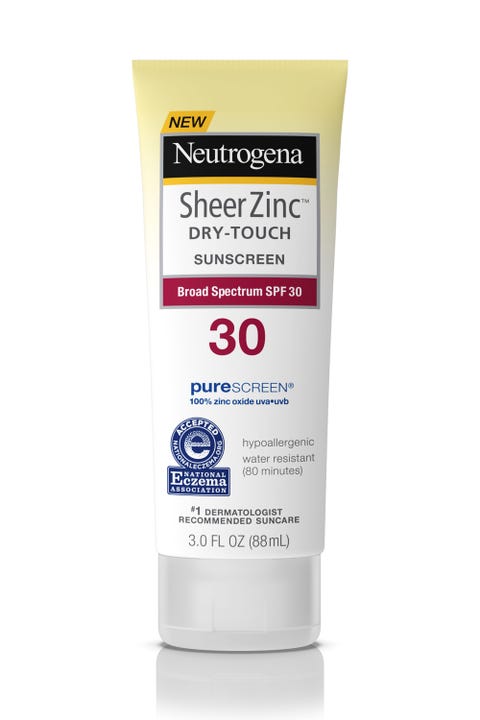What Everybody Ought To know About Sun Protection Factor SPF
Sun protection factor (SPF) is the most important ingredient in sunscreen products. SPF is important in fighting against skin cancer, eye damage and aging skin. So far study has shown that the sun emits harmful ultraviolet rays but there are two types of sun rays that the scientists are most concern about and these are UVA and UVB.



Sun protection factor (SPF) is the most important ingredient in sunscreen products. SPF is important in fighting against skin cancer, eye damage and aging skin. So far study has shown that the sun emits harmful ultraviolet rays but there are two types of sun rays that the scientists are most concern about and these are UVA and UVB.
What is UVA or UVB?
UVA is ultraviolet rays that is part of the electromagnetic (light) spectrum that reaches the earth from the sun, it's wavelength is 320- 400 nm, UVA penetrates the skin layers, going through the epidermis then entering the dermis layer until it reaches the subcutaneous layer. This results in damages to the skin cells and changes the DNA hence resulting in premature skin aging. People are subjected most to the UVA rays, since 95% of the rays to penetrate the earth comes as UVA rays. A lot of people feel that tanning in the salon is better, less harmful alternative to direct sunlight but it is the UVA rays that emits from the technology of the tanning beds.

Like UVA, UVB is ultraviolet rays that is part of the electromagnetic (light) spectrum that reaches the earth from the sun. UVB wavelength is shorter at between 290-320 nm. UVB has slightly more energy than UVA rays. They can damage skin cells’ DNA directly, and are the main rays that cause sunburns. They are also thought to cause most skin cancers. These are the rays predominantly responsible for skin reddening, sunburn and painful episodes, which can sometimes get infected if not treated immediately. To protect oneself from the dangers of the sun rays, we use sunscreen products, of which there is a variety to choose from.
What is the best level of SPF to use?
“The SPF [sun protection factor] of a sunscreen is derived by taking the time it takes you to burn with a sunscreen and dividing it by the time taken for you to burn without a sunscreen. For example if you burn in 300 minutes with a sunscreen and 10 minutes without a sunscreen, this is 300/10 = 30. So the sunscreen will have an SPF of 30". On the market one can find so many different brands with so many different variations of ingredients and all saying that that particular product is the best all rounded sun protector. An all rounded sun protector would be a product which has the SPF that protects effectively against UVB, can protect aginst UVA, has the best ability to moisturize the skin, is waterproof and stays on for numerous hours without having to reapply often. Due to these promises there is usually a debate about the different brands and whether or not they deliver on their promises. One of the biggest debates however, is what strength of SPF really stops the UVB sun rays from bodily damages, since there are products with SPF from 15 -100 ? Well, most studies have shown that SPF 30 and over is most effective, However, one would think that SPF 100 would have to be the best but studies have shown that after about 40 - 50, it does not matter. ''According to Spencer, a SPF 15 product blocks about 94% of UVB rays; an SPF 30 product blocks 97% of UVB rays; and an SPF 45 product blocks about 98% of rays. "After that, it just gets silly," he says. Sunscreens with higher SPF ratings block slightly more UVB rays, but none offers 100% protection". To make sure you are getting effective UVA protection as well as UVB coverage, look for a sunscreen with an SPF of 15 or higher, plus some combination of the following UVA-screening ingredients: stabilized a avobenzone, ecamsule (a.k.a. MexorylTM), oxybenzone, titanium dioxide, and zinc oxide.
A person should apply sunscreen 30 mins before exposure and reapply sunscreen after about every two hours. One should also wear UPF (ultraviolet protection factor) protective clothing with conscientious coloring (this is for another topic). Stay in the shade, especially between 12 pm -3 pm. and make sure babies and children are well protected, for they are more vulnerable to the sun's damages.
Take a look at Cosmopolitan list of its 24 best sunscreen choices.


No comments:
Post a Comment